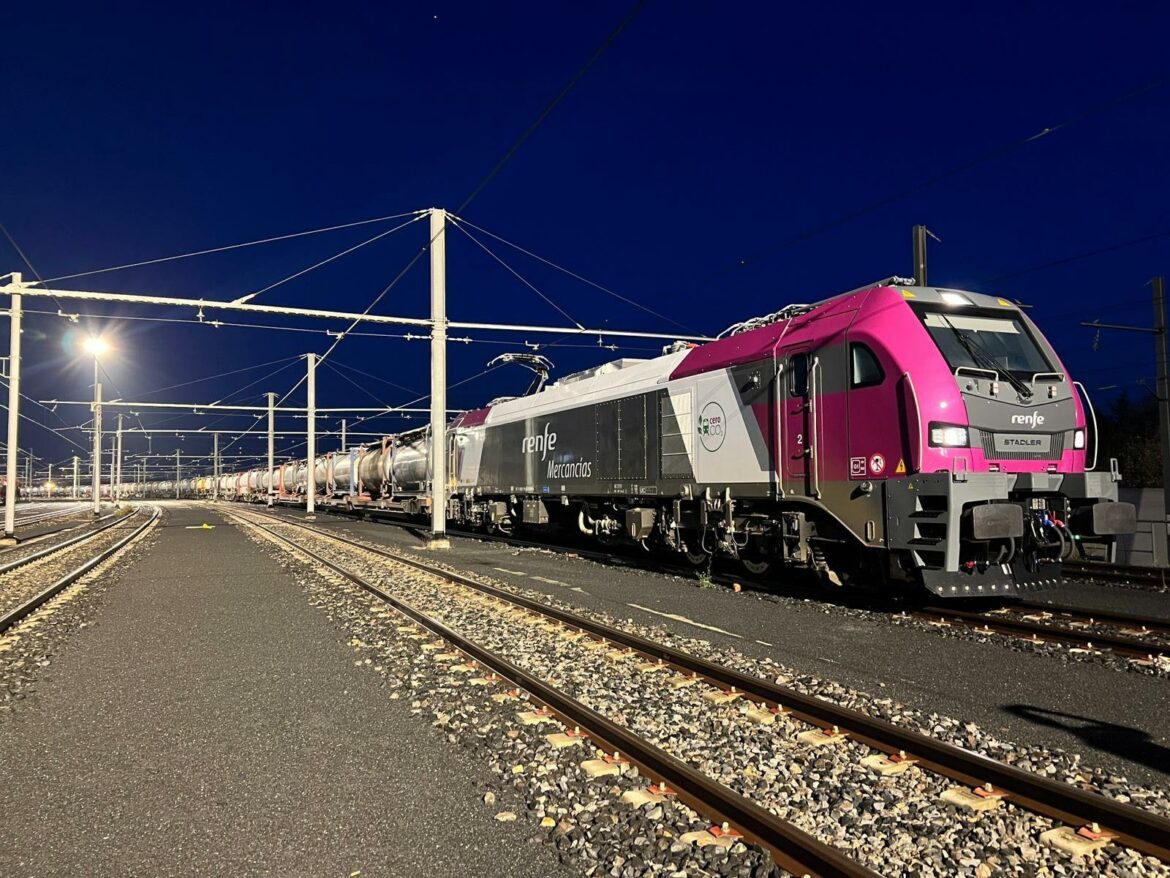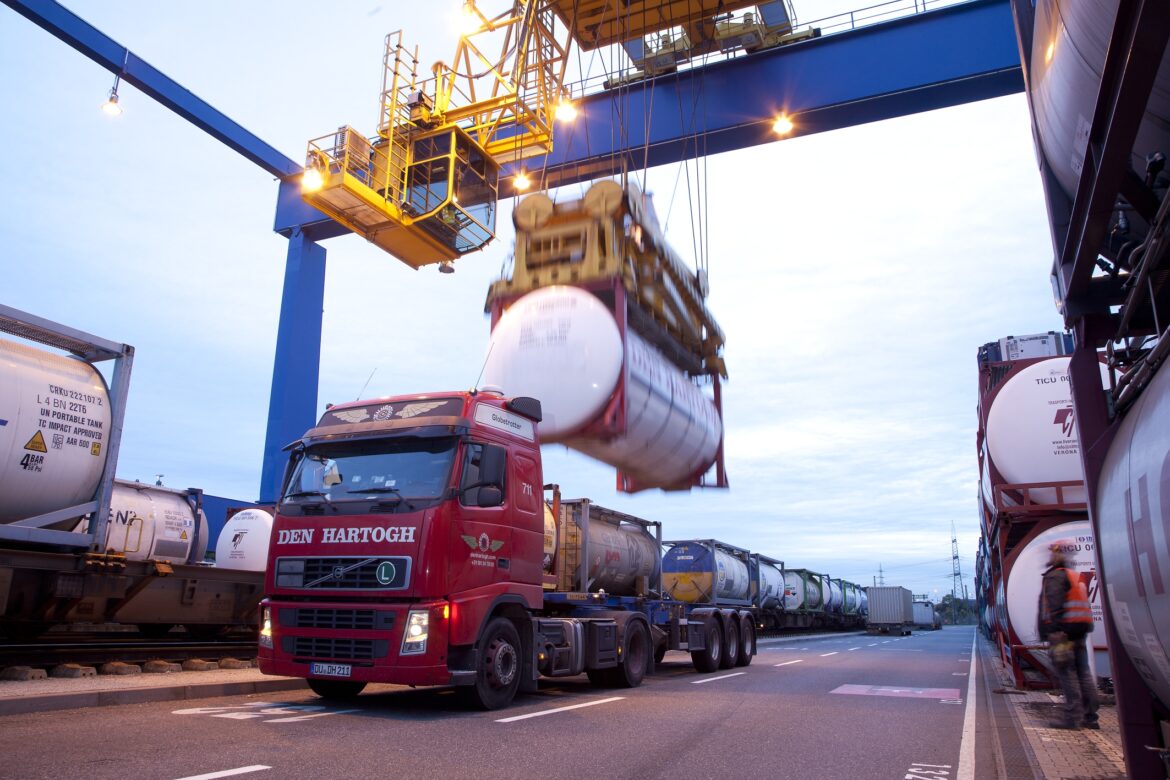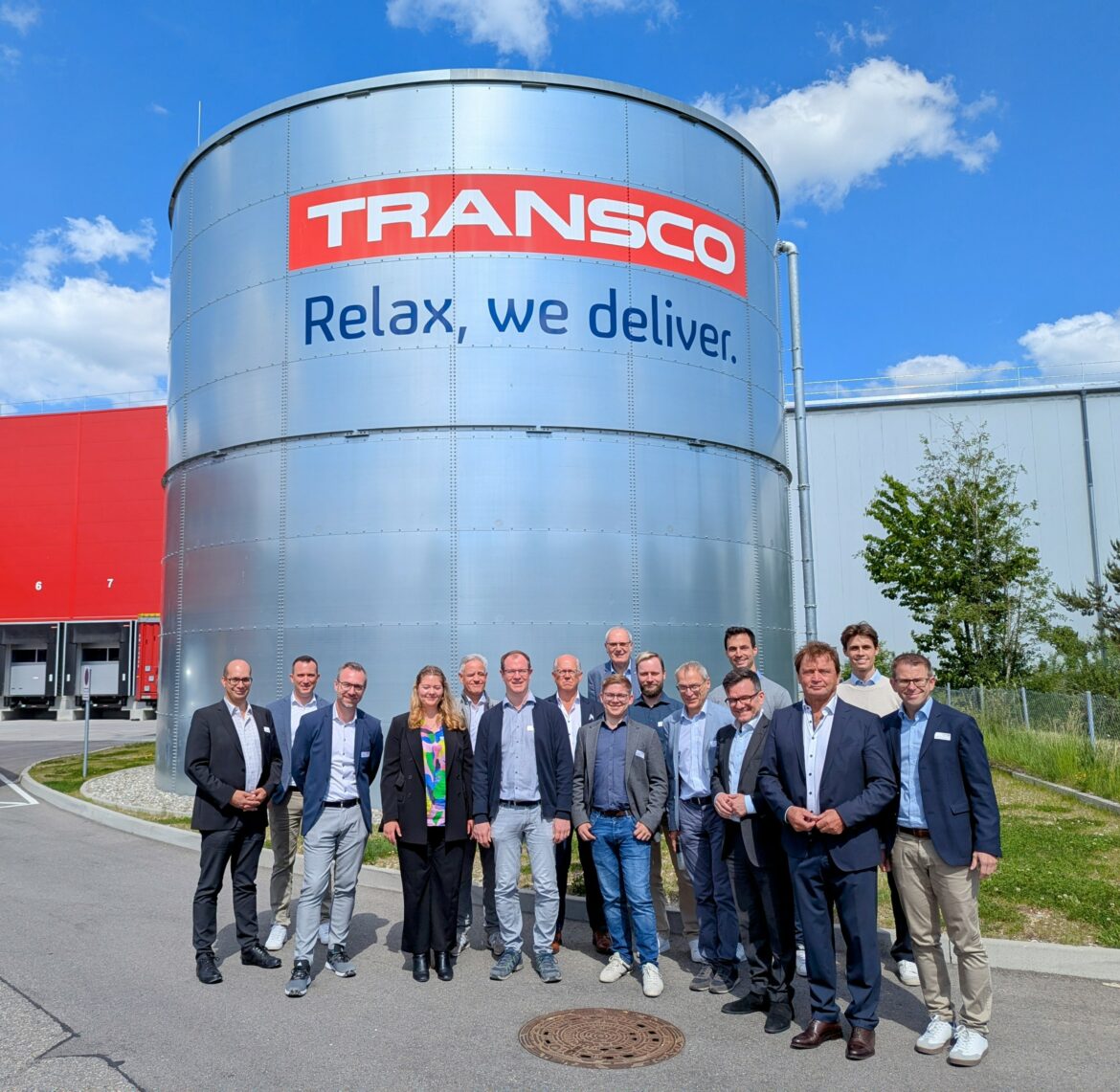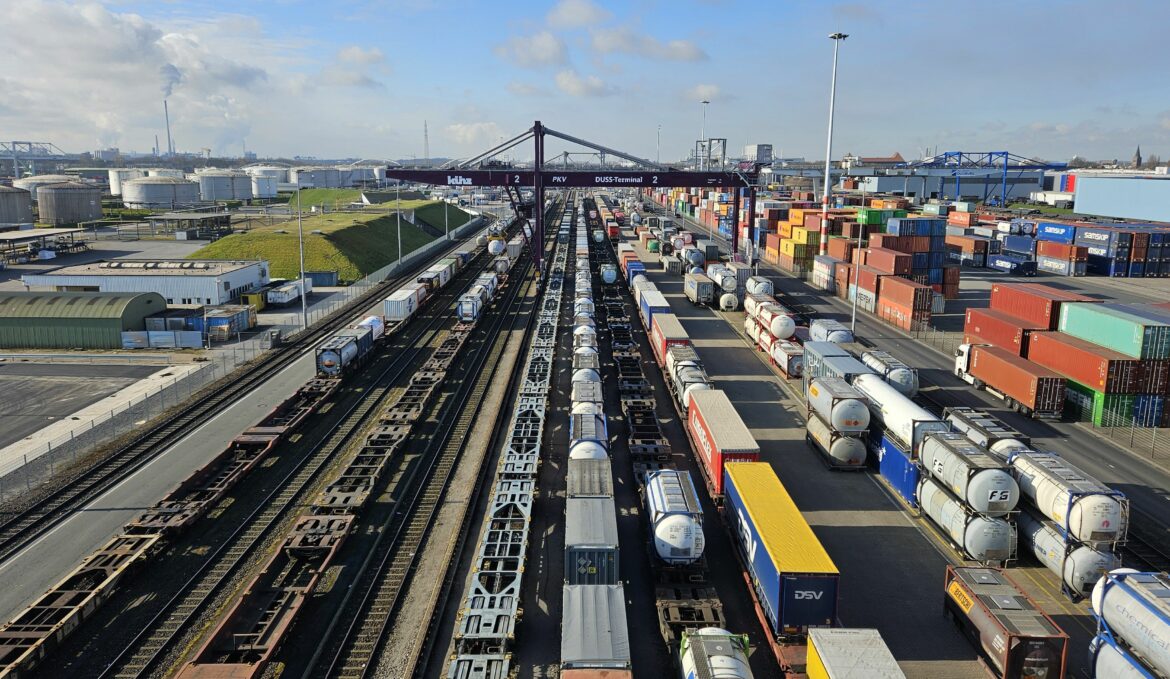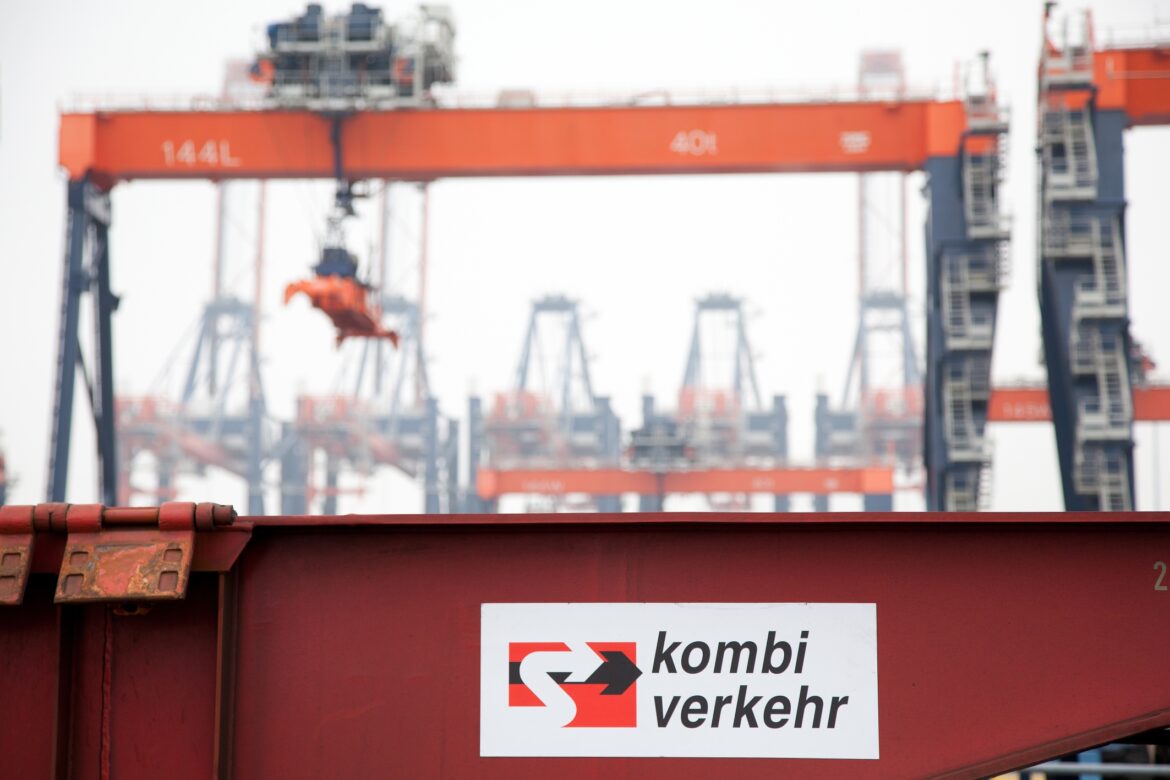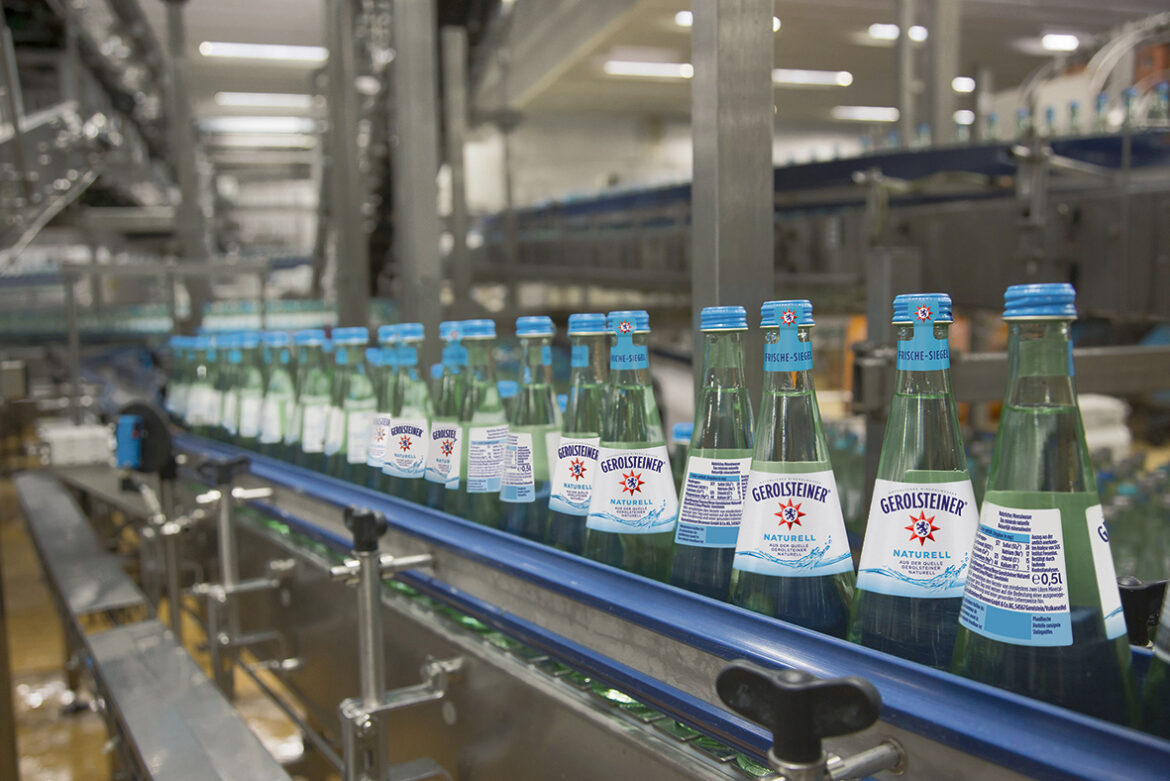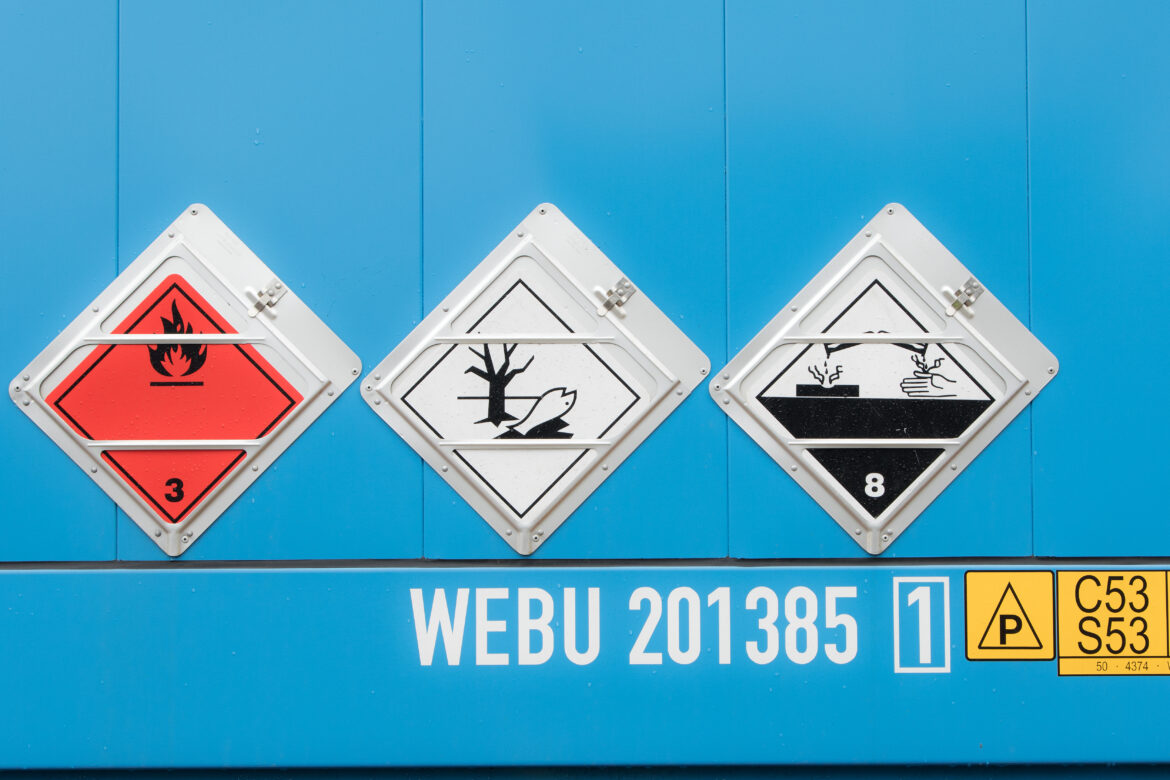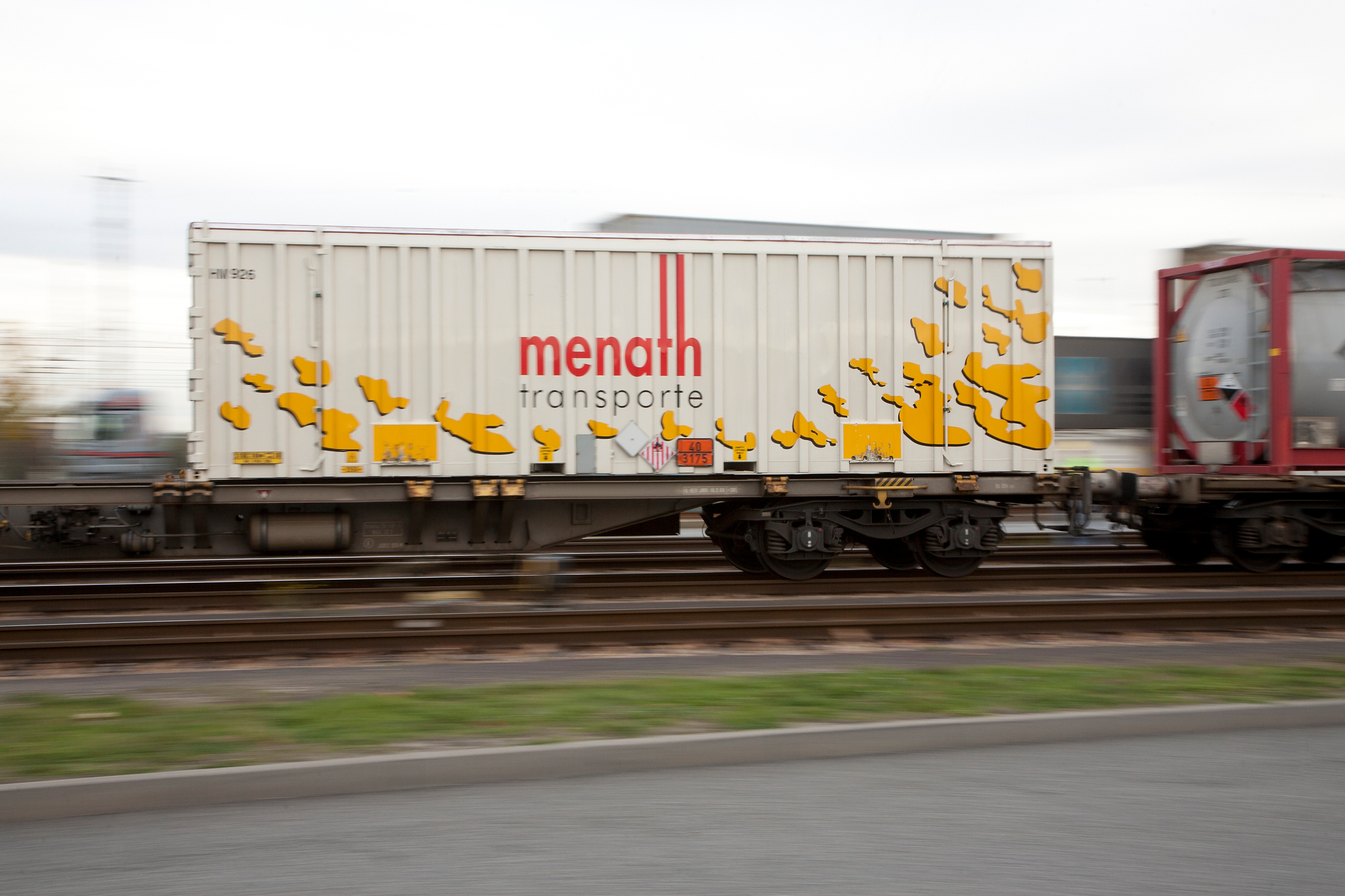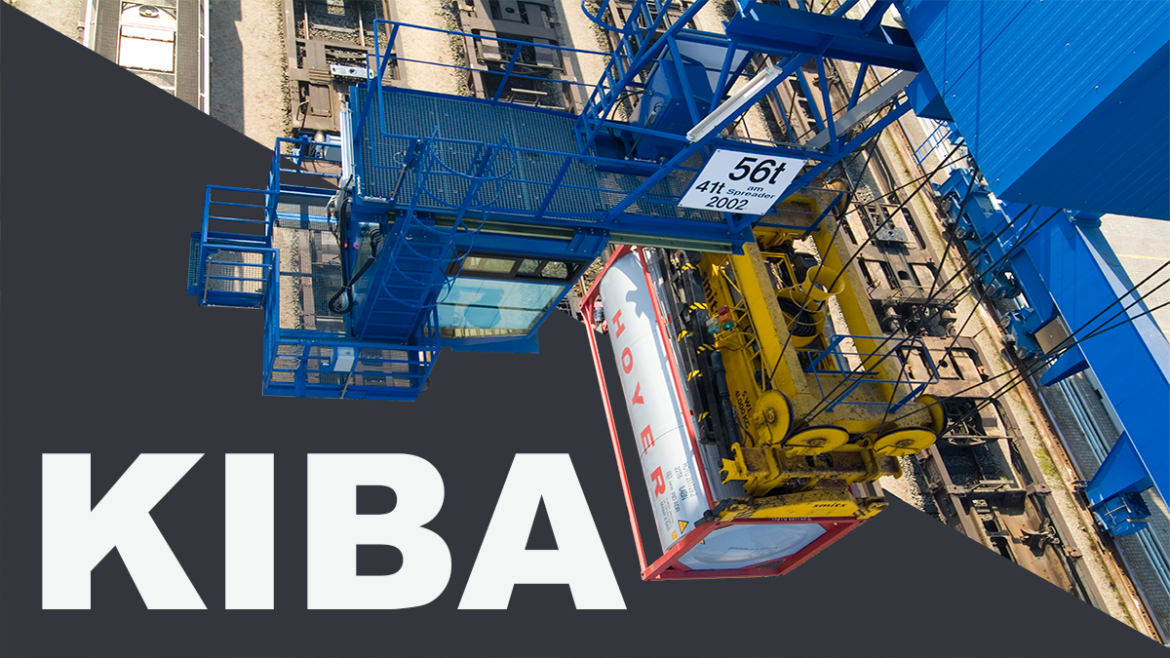With the 2025/2026 timetable change, Kombiverkehr KG is giving transport to Spain a new future.
After three years of intensive research and development, the KIBA project – which stands for Artificial Intelligence and Discrete Loading Optimization Models for Enhanced Utilization in Combined Transport – has been successfully completed.
Logistics companies operating in intermodal transport now have a new platform where they can regularly exchange information, discuss current issues and share ideas. The initiative was launched by the Baden-Württemberg Freight Forwarding and Logistics Association (VSL), which established the rail freight transport division.
After more than 20 years, the operating company of the terminal, which has been owned by PKV since 1991, is changing.
With an annual throughput of around 450 million tonnes of goods, Rotterdam is the largest port in Europe. Thanks to fast and automated handling and direct connections to all modes of transport, containers are transported to the hinterland.
Germany’s No. 1 mineral water brand supplies the greater Hamburg area intermodally via combined transport. In this way, the company significantly reduces its carbon footprint.
Dangerous goods transports must be immediately identifiable as such – and this reliably from start to finish.
Interview with Jan Weiser, Head of Corporate Communications & Sales Support at Kombiverkehr.
How safe is the transport of hazardous goods in comparison with rail/trucks? – This question was investigated by the Pro-Rail Alliance. The result: Goods are much safer on the railways than on the roads.
How to achieve optimal network utilization through intelligent loading.

